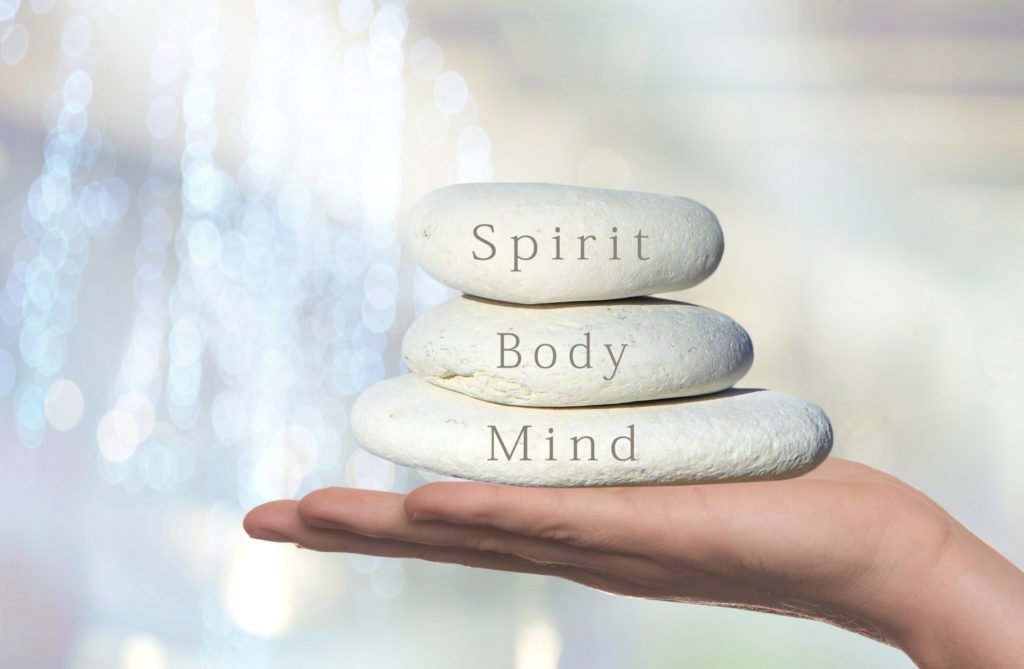Introduction
In our fast-paced modern world, finding a state of balance and well-being can often feel like an elusive goal. The demands of work, personal responsibilities, and the constant bombardment of information can leave us feeling overwhelmed and disconnected from ourselves. However, there is a growing movement towards holistic wellness that recognizes the interconnectedness of mind, body, and spirit. This comprehensive approach to well-being emphasizes the importance of addressing all aspects of our being to achieve a harmonious and fulfilling life. In this article, we will explore the principles of holistic wellness, including the power of Affirmations of God, and discover how we can restore balance in our mind, body, and spirit.
1. Understanding Holistic Wellness
Holistic wellness is a philosophy that views individuals as whole beings, comprising physical, mental, emotional, and spiritual aspects. It recognizes that these dimensions are interconnected and influence each other’s well-being. Achieving holistic wellness involves nurturing and maintaining the health and balance of all these areas. By addressing the root causes of imbalance and adopting a comprehensive approach to self-care, individuals can experience profound transformation and a higher quality of life.
2. Nurturing the Mind
The mind is a powerful tool that shapes our thoughts, beliefs, and emotions. Nurturing the mind is essential for maintaining mental clarity, emotional stability, and overall well-being. Practices such as meditation, mindfulness, and positive affirmations can help calm the mind, reduce stress, and improve focus. Engaging in creative pursuits, reading, and seeking intellectual stimulation also contribute to mental well-being. Additionally, maintaining healthy relationships and seeking support when needed can foster emotional resilience and balance.
3. Honoring the Body
Our physical health forms the foundation of holistic wellness. Taking care of our bodies through regular exercise, proper nutrition, and sufficient rest is vital. Engaging in activities that promote physical fitness, such as yoga, Pilates, or cardio exercises, can improve strength, flexibility, and overall vitality. A balanced and nutritious diet, rich in whole foods and essential nutrients, supports optimal body functioning. Prioritizing sleep and establishing a consistent sleep routine is crucial for restoring energy and promoting healing.
4. Nourishing the Spirit
The spirit encompasses our innermost essence, our connection to something greater than ourselves. Nourishing the spirit involves cultivating a sense of purpose, meaning, and fulfillment in life. Engaging in activities that align with our values and passions, such as practicing gratitude, spending time in nature, or participating in spiritual practices, can nourish the spirit. Connecting with a supportive community or seeking guidance from spiritual mentors can also deepen our spiritual journey and foster a sense of interconnectedness.
5. The Importance of Self-Care
Self-care is a fundamental aspect of holistic wellness. It involves making intentional choices to prioritize our well-being and meet our individual needs. Self-care practices vary from person to person and can include activities such as taking time for oneself, engaging in hobbies, practicing self-reflection, and setting boundaries. By incorporating self-care into our daily lives, we create a solid foundation for restoring balance and preventing burnout.
6. Creating a Holistic Lifestyle
Adopting a holistic lifestyle involves integrating the principles of holistic wellness into all aspects of our lives. This includes our daily routines, relationships, work environments, and even our physical surroundings. By creating a supportive and nurturing environment that aligns with our values and promotes balance, we can enhance our overall well-being and create a life of fulfillment and purpose.
7. The Benefits of Holistic Wellness
Embracing a holistic approach to wellness offers a multitude of benefits. It promotes overall physical health, mental clarity, emotional stability, and spiritual growth. By restoring balance in mind, body, and spirit, individuals can experience increased energy, improved resilience to stress, enhanced focus, and a deeper sense of purpose and fulfillment. Moreover, holistic wellness encourages a proactive approach to health, empowering individuals to take charge of their well-being and make conscious choices that support their long-term vitality.
Conclusion
Restoring balance in mind, body, and spirit through a holistic approach to wellness is a transformative journey. By recognizing the interconnectedness of these dimensions and nurturing each aspect, we can achieve a higher state of well-being and lead a more fulfilling life. Embracing self-care, adopting healthy habits, and creating a holistic lifestyle are key steps toward attaining this balance. As we embark on this journey, let us remember that true wellness encompasses more than just the absence of illness; it is a state of harmony and wholeness that brings joy, vitality and a deep sense of connection to ourselves and the world around us.
You may also like
-
Effortless Pigmentation Mark Removal: Exploring the Benefits of Yellow Laser Treatment
-
Pelvic Mesh Implants: What You Should Know About Potential Side Effects
-
How to Recover From a Foot Injury
-
Finding Balance: 7 Stores Offering the Best Traditional Chinese Medicine for Stress Relief
-
Sildisoft 100 and Valentine’s: Crafting Moments of Love

